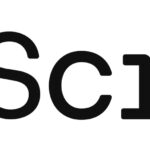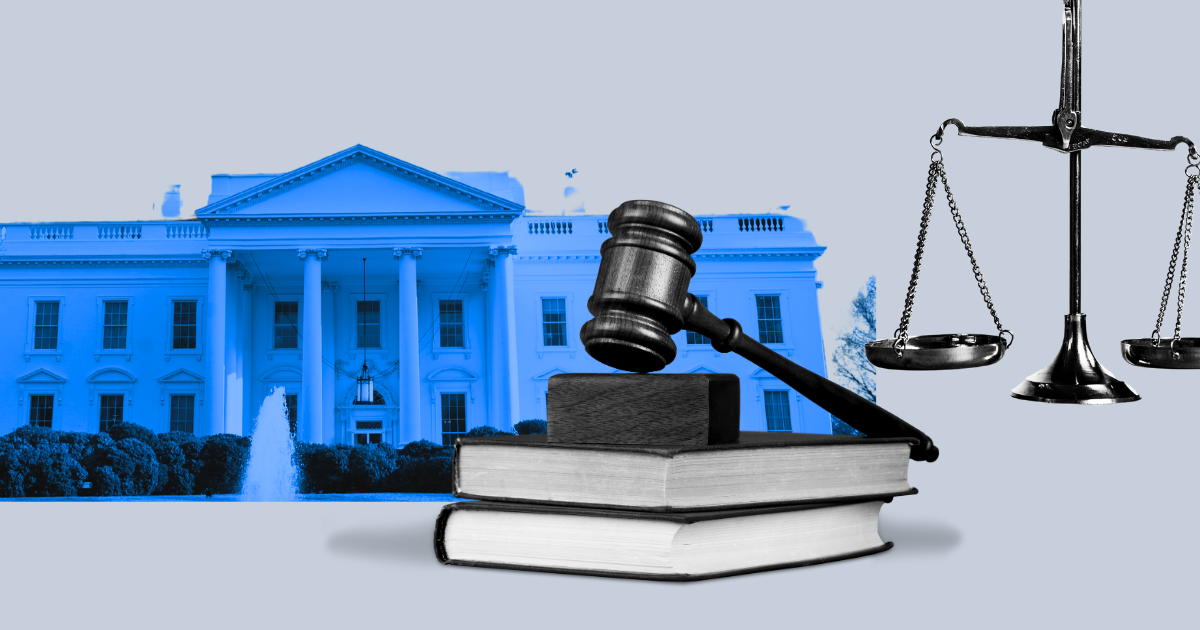SEC Commissioner Mark T. Uyeda recently emphasized the need for tailored S-1 registration forms specifically designed for digital asset securities. Speaking at Korea Blockchain Week 2024 in Seoul, Uyeda argued that the U.S. SEC should adopt a more flexible approach to regulating digital assets, similar to how it handles other specialized financial products.
Read more about this below.
Cracking the Code: The S-1 Form and Its Shortcomings
The S-1 form is a crucial document for issuers in the U.S., requiring comprehensive disclosures such as income statements and cash flow statements before introducing a new securities product. Uyeda highlighted the inadequacy of the standard S-1 form for digital assets, drawing parallels with registered index-linked annuities, where the SEC already collaborates with product sponsors to develop customized registration requirements.
Crypto’s Regulatory “Catch-22”
Uyeda questioned why the same tailored approach isn’t applied to digital asset securities, arguing that the SEC has the flexibility to create such changes. He expressed frustration over the agency’s failure to provide more supportive frameworks for digital asset sponsors, which often leaves them in a regulatory “catch-22.” This situation arises when the SEC requires disclosures that may not be relevant to digital assets, or when sponsors are unable to comply due to the unique nature of their products.
And it Goes On…
Despite these challenges, Uyeda clarified that the decision to classify a product as a security under federal regulations remains with the issuer. However, there is ongoing uncertainty about whether cryptocurrencies fall under the SEC’s jurisdiction as securities. This uncertainty is at the heart of Ripple’s ongoing legal battles with the SEC. Ripple’s Chief Legal Officer, Stuart Alderoty, recently criticized the term “crypto asset security,” calling it a “fabricated term with no legal basis.”
Crypto Reaction
Ripple, along with other companies like Coinbase, has argued that the SEC has not provided clear regulatory guidelines for digital assets. Uyeda’s comments reflect his dissent from the SEC’s decision to deny Coinbase’s rulemaking petition, which sought clarification on what constitutes security in the digital asset space.
Uyeda hopes that either current SEC Chairman Gary Gensler or his successors will recognize the growing regulatory uncertainty around digital assets and take steps toward developing clear legislation or rulemaking. However, digital assets have not been a priority on the SEC’s regulatory agenda under Gensler, who has the final say on which items are included.
Uyeda’s Stand on Regulations
Looking ahead, Uyeda suggested that the SEC should consider the regulatory approaches of other jurisdictions, including the EU, South Korea, and Japan when shaping future rules for digital assets. While his term as one of the SEC’s five commissioners extends until June 2028, Uyeda made it clear that his views are personal and do not necessarily represent the stance of the entire agency.
A Countdown to Change Begins, Will the SEC Step Up or Fall Behind? We Wait and Watch!









